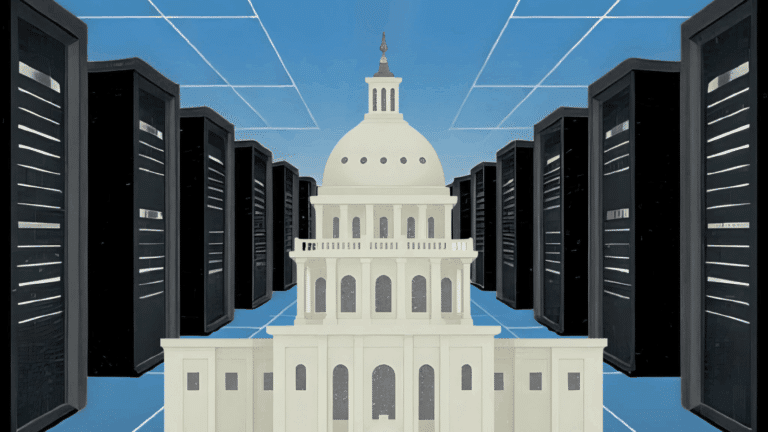In 2020, Europe passed a landmark climate package called the Green Deal. It was supposed to mark a new era of climate progress for the region.
Few expected that two years later, Europe would be burning more coal, importing more liquified natural gas, shifting from gas to oil for industry, and spending more money to subsidize fossil fuel consumption. Europe’s energy crisis, many years in the making, has been exacerbated by Russia’s invasion of Ukraine – and the subsequent turmoil in regional and global energy markets.
The past six months have proven how the global energy transition will play out in chaotic and non-linear ways.
So what will today’s energy crisis mean for the energy transition? How will governments around the world react to today’s supply shortages and price spikes? And what does the wild ride for commodities and energy pricing mean for security and climate goals around the world?
This week, we’re running an episode of the Foreign Affairs Interview podcast featuring our co-host, Jason Bordoff, and Meghan O’Sullivan, a professor of international affairs at the Harvard Kennedy School.
Meghan is the author of “Windfall: How the New Energy Abundance Upends Global Politics and Strengthens America’s Power.” And she served as deputy national security adviser for Iraq and Afghanistan during the Bush Administration.
In June, Jason and Meghan joined host Dan Kurtz-Phelan to discuss their recent articles on the ongoing energy crisis. They talked about market volatility, President Biden’s trip to Saudi Arabia, and why energy is still so central to geopolitics.









